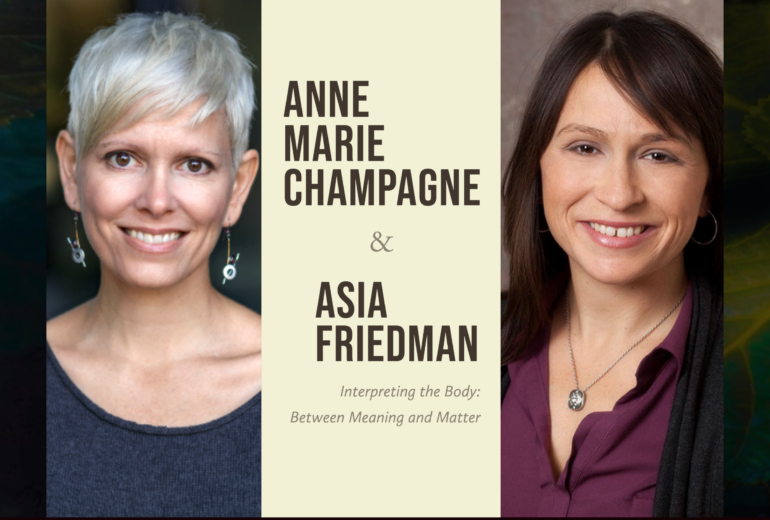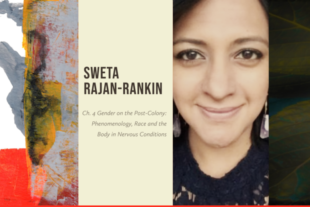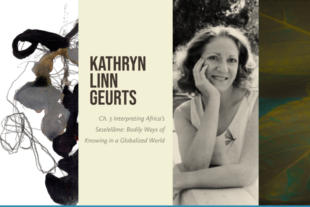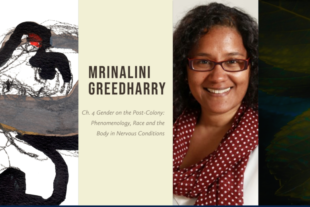Anne Marie Champagne is a junior fellow with the Center for Cultural Sociology, at Yale University, where she is a doctoral candidate in sociology. In addition to serving on the advisory council of Not Putting on a Shirt (NPOAS), a nonprofit advocating for satisfactory aesthetic outcomes for mastectomy patients, she is a member of The Civil Sphere Working Group, an international forum of theorists and empirical social scientists engaging with and developing Civil Sphere Theory. Her research interests include aesthetic power in social life, materiality and culture, body and embodiment, social theory, gender, and the cultural codes of the civil sphere. Her dissertation looks at how aesthetics and materiality inform legal, medical, and individual approaches to mastectomy and constructions of identity in transmen and female-identified breast cancer survivors. She is the author of, (see Chapter 1) in this volume, “Toward a Strong Cultural Sociology of the Body,” and elsewhere, “Thinking About Gender Surface/Depth, Iconicity, and What Breasts Have Got to Do With It.” Her creative writing can be found in The Southern Review, Tin House, The Journal, Spillway, and other literary magazines. (www.annemariechampagne.com)
Asia Friedman is Associate Professor of Sociology at the University of Delaware. Her research has primarily focused on developing a body of research in cognitive sociology unified around her interest in the cognitive and sensory mechanisms of the social construction process. This has included efforts to expand the vocabulary of the field by theorizing such concepts as perceptual construction, filter analysis, and cultural blind spots, as well as to apply analytic frameworks rooted in the sociology of attention and perception to other substantive areas, specifically, gender, race, the body, medicine, and sociological theory. Her book, Blind to Sameness: Sexpectations and the Social Construction of Male and Female Bodies (University of Chicago Press, 2013), won the Distinguished Book Award from the Sex and Gender section of the American Sociological Association in 2016. A second monograph, Mammography Wars: Analyzing Attention in Cultural and Medical Disputes, is forthcoming in 2023 from Rutgers University Press.
Related
Broadening the landscape of body and embodiment theory, the essays curated and juxtaposed in this edited collection draw attention to the processes and problems of understanding bodies within and across different social contexts and interpretive frameworks. The range of analytic perspectives employed by the book’s contributors offers a unique opportunity to investigate the conjunctions and disjunctions between different interpretive traditions’ respective approaches to grasping the meaning and matter of bodies and social life. The theoretical paradigms advanced within the volume challenge the limits of what we know about bodies and interpretation and highlight the promise of interpretation as a focal metaphor for analyzing bodies and embodiment. Interpretation as a concept advances the study of the body as a simultaneously material and semiotic entity. It directs us to consider how and why some aspects or details of the body and embodiment emerge as more notable or important than others, thus revealing how patterns of social, moral, and political salience generate the attentional topography of the body’s materiality. This explicit attention to interpretation as process is part of what distinguishes interpretation from prior concepts of the social construction of the body, which, when centered in systems of language, tend to overlook the structural or material processes and mechanisms through which the social construction of the body takes place.
In this introduction to Interpreting the Body: Between Meaning and Matter, co-editors Anne Marie Champagne and Asia Friedman establish the volume's focal metaphor of interpretation, summarizing its unique benefits and challenges for how social scientists understand and study body and embodiment. Highlighting the social, material, and disciplinary conditions that structure modes of attending, feeling, and thinking about the body in both lay experience and social-scientific analysis, the chapter brings renewed theoretical and methodological light to processes of interpretation in the social construction of the body across different theoretical traditions. Noting how the use of interpretation as a metaphor for analyzing body and embodiment can illuminate the interdependency between meaning and matter, the chapter likewise directs one to consider how and why some aspects or details of the body and embodiment emerge as more notable or important than others, thus revealing how patterns of social, moral, and political salience generate the attentional topography of the body's symbolic and material dimensions.
~~
For updates from the author and access to supplemental materials (interviews, podcasts, syllabi, etc.) when they are made available, please visit the Introduction Chapter.
Tracing the thematization of culture and the body across modern, postmodern, and neo-modern sociological thought, this chapter explores the possibility of developing a meaning-centered, strong cultural sociology of the body and embodiment, one that approaches body and embodiment as constituting a uniquely hermeneutic situation—a fusion of subject and object, ideality and materiality—structured by cultural codes and dependent upon interpretation for getting itself out into the social world. The development of a Strong Program cultural sociological perspective on the body is, author Anne Marie Champagne argues, uniquely suited to ferreting out and reconstructing the personal and collective representations, senses and sensibilities, and myths and motifs through which the physical body comes to embody self, society, and world.
~~
For updates from the author and access to supplemental materials (interviews, podcasts, syllabi, etc.) when they are made available, please visit Chapter 1.
Home » Blog » Meet The Editors




